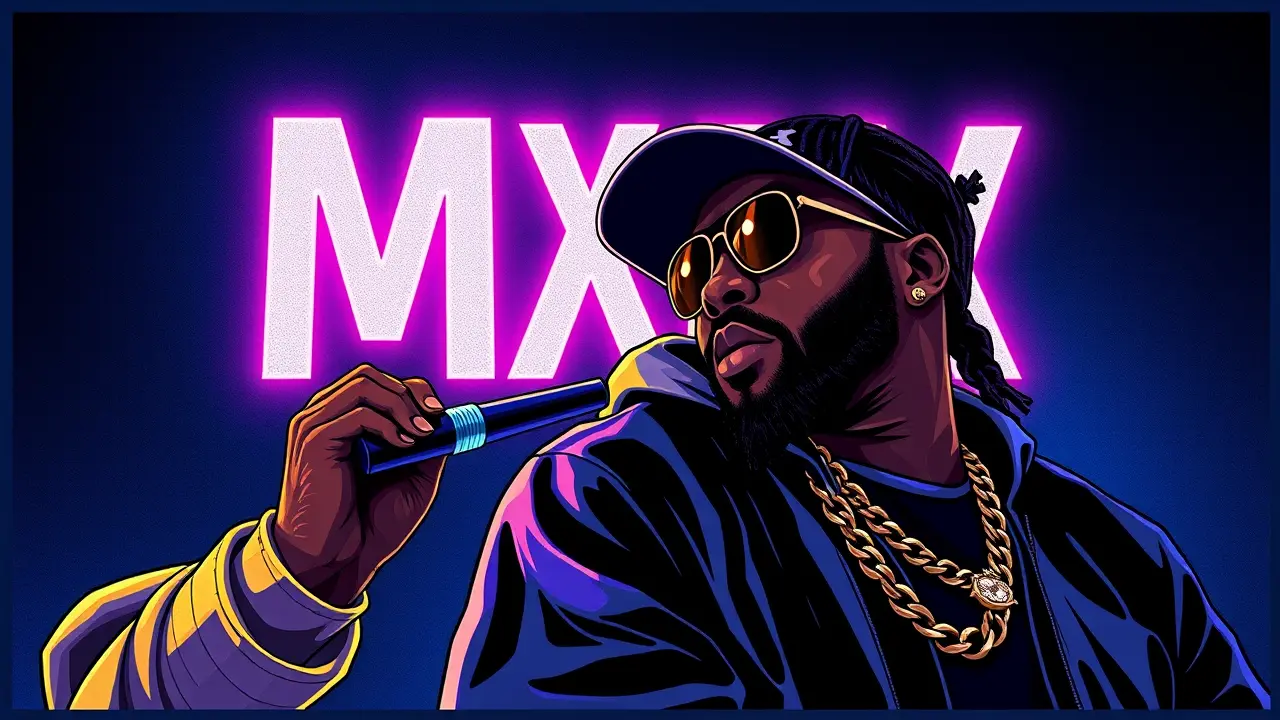Jim Jones on Mending Relationship with Max B After Prison Release
The rhythm of the streets has a funny way of syncing up with the rhythm of lives, and the news of Max B’s impending prison release has dropped a new beat into the ongoing symphony of hip-hop, specifically rekindling questions about his once-potent partnership with Jim Jones. Back in the mid-2000s, their chemistry wasn't just strong; it was the foundational bassline of Harlem’s sound, as integral to the era as the crackle of a mixtape and the swagger of Dipset.Max B, the architect behind so many hooks, was a true original—a street poet with a crooner’s soul, one of the earliest to lace hard, unflinching narratives with those smooth, almost effortless melodies that got stuck in your head for days. You could hear his ghost in the DNA of Jim Jones’s massive hit “Ballin’,” a track that felt less like a song and more like an anthem for an entire mindset, its success a direct testament to the alchemy they created together in the studio.But like so many classic albums that end with a scratch or a skip, their collaboration hit a wall, fractured by the harsh realities of the legal system and the personal fissures that such separations inevitably widen. The story of their fallout is a well-worn verse in the hip-hop history books, a cautionary tale about loyalty, business, and the high cost of the street life they so often rhymed about.Now, with Max B’s freedom on the horizon, the industry and fans alike are leaning in, waiting to see if the two can find a new harmony. Will they step back into the booth, a reunion that would feel like a lost track finally being unearthed? Or has the distance and time created a rift too wide to bridge, the original magic faded like an old sample? For Jim Jones, now an established mogul and elder statesman, the calculation is complex, balancing the raw, nostalgic pull of their artistic connection against the matured perspective of a man who has seen the game from every angle.It’s a narrative as old as the genre itself—redemption, second chances, and the eternal question of whether you can ever truly go back to the source of your original inspiration. The potential mending of this relationship is more than just gossip; it’s a potential cultural event, a chance to rewrite a painful chapter and perhaps, just perhaps, produce a sequel that lives up to the brilliance of the original.
Latest News
The charts are whispering what the true believers have felt in their bones for weeks—Dogecoin is carving out a bottom.
17 hours ago5 comments
The Institute for Fiscal Studies has thrown a stark warning onto Rachel Reeves's desk, urging the Chancellor to confront a potential £22 billion shortfall in
17 hours ago3 comments
Alright, let's break down this absolute heater of a performance from the Chicago Blackhawks, because if you missed this one, you missed a party.
17 hours ago5 comments
The ice was hot last night in the NHL, folks, serving up a slate of games that felt less like a regular season Tuesday and more like a playoff preview with a
18 hours ago3 comments
The XRP chart is painting a tantalizing picture for those with the stomach to withstand the relentless pressure from crypto's leviathans.
18 hours ago4 comments
It’s in the small shifts, the quiet recalibrations of a Thursday morning, where the most meaningful change often takes root.
18 hours ago4 comments
In a move that sent ripples of quiet confidence through the crypto ecosystem, blockchain intelligence firms tracked a monumental treasury allocation from
18 hours ago4 comments
In a move that would have drawn a nod of approval from historical figures like Churchill, who understood the delicate balance of power within democratic
18 hours ago2 comments
JA
Jamal Carter123k5 hours ago
wait what he's getting out? idk if they can just pick up where they left off tbh
0
JA
Jamie Larson123k8 hours ago
wait is this actually happening i need to see them on a track again asap
0
JA
Jamie Larson123k9 hours ago
gotta hear the new track before i believe the hype tbh
0
JA
Jamie Larson123k16 hours ago
this is such a deep dive into music history tbh, idk if they can just pick up where they left off
0
JA
Jamie Larson123k19 hours ago
wait what max b is getting out? that's crazy tbh idk if they'll make music again tho
0
